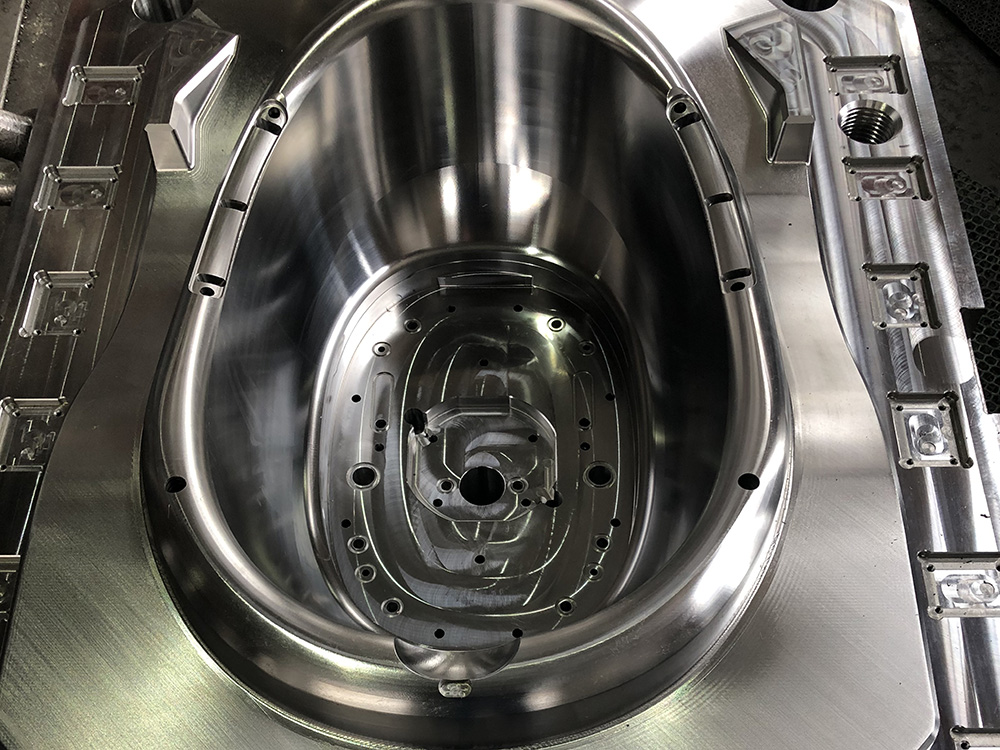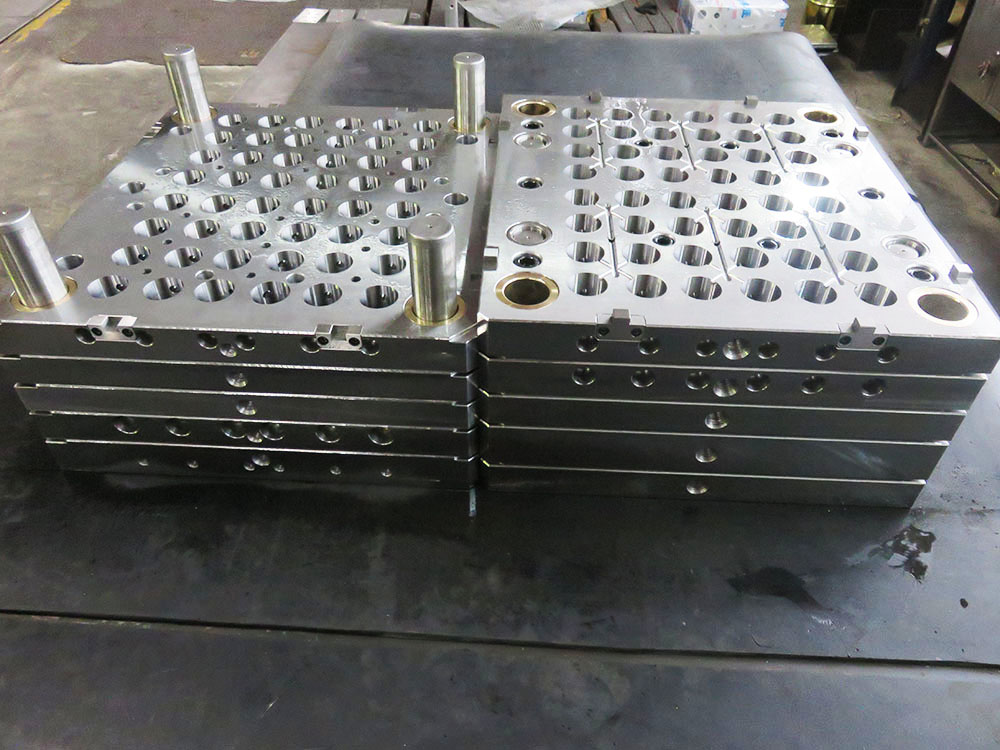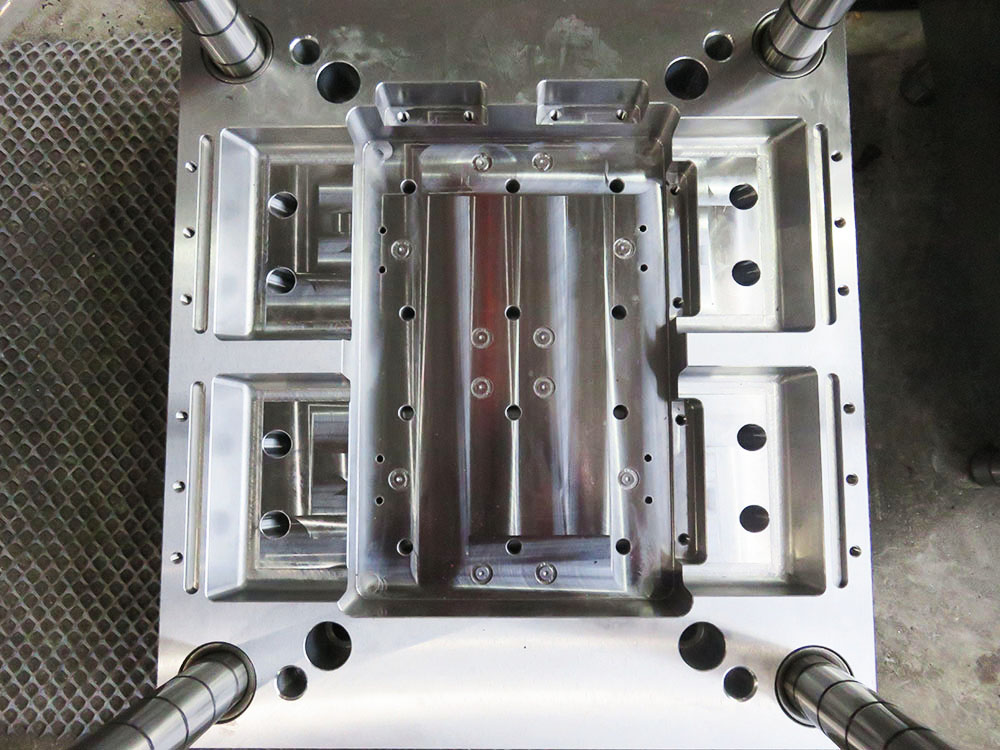Responsibilities of a Project Manager in the Mold Base Industry
The role of a project manager in the mold base industry is crucial for successfully executing and completing projects on time and within budget. A project manager is responsible for overseeing all aspects of the project's lifecycle, from the initial planning and design stages to the final project delivery. In this article, we will discuss the key responsibilities of a project manager in the mold base industry.
Planning and Coordination
One of the primary responsibilities of a project manager is to develop a comprehensive project plan. This includes creating a timeline, setting project milestones, and defining project objectives. The project manager needs to collaborate with various stakeholders, such as designers, engineers, and fabricators, to ensure their inputs are considered in the planning process. They also need to coordinate with suppliers to ensure the timely delivery of materials and resources required for the project.
Budget Management
Effective budget management is a crucial responsibility for a project manager. They need to develop a detailed budget for the project, considering all the relevant costs such as materials, equipment, labor, and overhead expenses. Throughout the project lifecycle, the project manager must monitor and control the budget to prevent cost overruns. They should analyze and document any deviations from the budget, as well as propose corrective actions to bring the project back on track financially.
Risk Assessment and Mitigation
A project manager in the mold base industry needs to identify potential risks that could impact the project's success. This involves conducting a thorough risk assessment and developing risk mitigation strategies. By anticipating and addressing risks early on, the project manager can minimize the impact on project timelines, costs, and quality. They should regularly review and update the risk management plan as the project progresses, ensuring that the necessary mitigation measures are implemented.
Quality Control
Ensuring the quality of the final product is a critical responsibility for a project manager in the mold base industry. They need to establish quality control checkpoints throughout the project lifecycle to ensure that the project meets the required standards and specifications. This involves conducting inspections, performing quality tests, and implementing corrective actions if any deviations are identified. The project manager must collaborate with the quality control team to address any quality issues promptly.
Communication and Stakeholder Management
Effective communication and stakeholder management are vital for the success of any project. A project manager in the mold base industry must maintain open and regular communication with all stakeholders, including clients, suppliers, and team members. They need to provide timely updates on project progress, address any concerns or issues raised by stakeholders, and manage expectations. The project manager should also facilitate effective collaboration among team members, ensuring that everyone is aligned with project goals and objectives.
Project Documentation
A project manager is responsible for maintaining comprehensive project documentation. This includes documenting project requirements, specifications, changes, and decisions made throughout the project lifecycle. Accurate and up-to-date project documentation is crucial for tracking progress, resolving disputes, and providing references for future projects. The project manager should organize and store project documents in a centralized system for easy access and retrieval.
Conclusion
The role of a project manager in the mold base industry is multifaceted and demanding. They need to effectively plan, coordinate, and manage projects to ensure successful project delivery. By fulfilling their responsibilities diligently, project managers contribute significantly to the growth and success of their organizations in the mold base industry.




